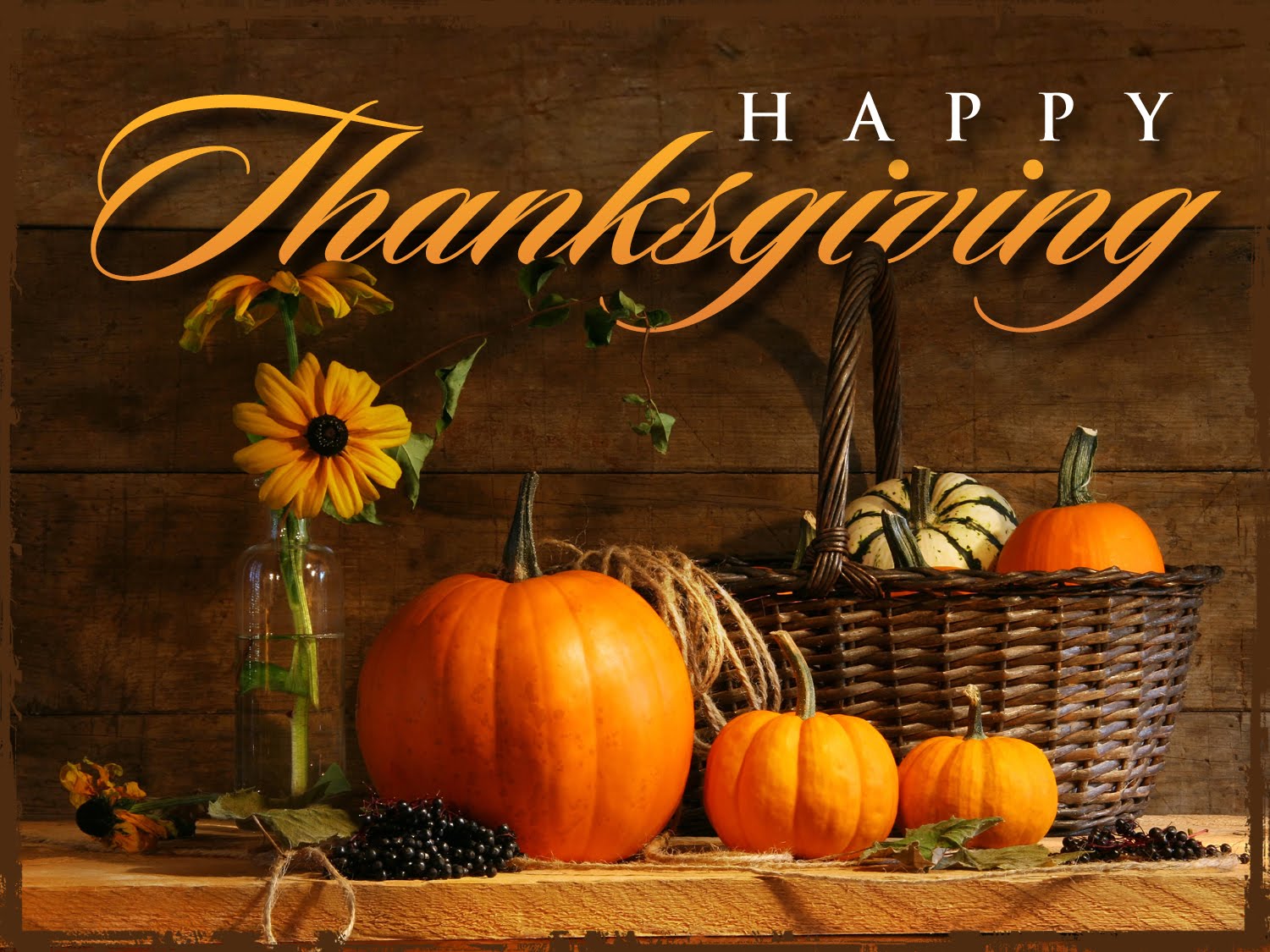Thanksgiving, an age-old tradition steeped in cultural significance, is a time when families and friends gather to express gratitude for the blessings in their lives. In this exploration of Thanksgiving, readers can anticipate an array of content, including the historical origins of the holiday, contemporary celebration practices, delectable culinary delights that grace tables across the nation, and reflective insights on gratitude’s impact on mental well-being. Each section will illuminate the multifaceted nature of Thanksgiving, showcasing its evolution and enduring relevance.
Initially celebrated by the Pilgrims in the early 17th century, Thanksgiving marks a picturesque moment in American history where communal harmony prevailed, albeit temporarily. The notion of giving thanks can be traced back to indigenous practices, a celebration of the harvest season that predates European settlers. This fusion of different cultural traditions evolved into the Thanksgiving we recognize today, complete with parades, football games, and, most importantly, a lavish feast that brings people together.
As modern society has transformed, so too has the manner of celebration. In the contemporary context, Thanksgiving has become an extensive affair, showcasing an opulent spread of various culinary delights that cater to diverse palates and dietary restrictions. From the quintessential roast turkey, often the pièce de résistance of the meal, to creative vegetarian alternatives like stuffed squash or a hearty lentil loaf, the Thanksgiving table is a testament to culinary artistry. Accompaniments like creamy mashed potatoes, tangy cranberry sauce, and flavorful stuffing provide contrasting tastes and textures that harmoniously blend to create a magnificent feast.
Beyond sustenance, the holiday has also evolved into a time for reflection and community outreach. Many families engage in volunteer activities, distributing food to the less fortunate, thus embodying the holiday’s spirit of giving. Such actions serve to remind individuals that gratitude extends beyond personal achievements and blessings; it touches the lives of others in their community. This practice not only fosters a sense of belonging but also reinforces social bonds within neighborhoods and families alike.
Another significant aspect of Thanksgiving is its ability to foster connection among family members and friends. The gathering serves as a vital opportunity for individuals to reconnect. In an era marked by fast-paced living and digital distractions, Thanksgiving remains a refuge—a time dedicated to interpersonal relationships. Whether it is sharing anecdotes around the dinner table or partaking in collective activities, these moments are invaluable. They are imbued with laughter, stories of yore, and perhaps a few friendly debates over who plays the best football or who is the most skilled cook.
The ambiance of Thanksgiving is further accentuated by time-honored traditions, from the iconic Thanksgiving Day Parade to the riveting matches that enthrall viewers nationwide. The parade, which often features vibrantly adorned floats and performances from talented artists, has become synonymous with the holiday. Its broadcast draws millions, encapsulating the spirit of celebration and togetherness. In conjunction with this, the viewing of football games has transcended into a ritual for many families, merging the excitement of sport with familial bonding over shared enthusiasm.
However, amidst the festivity lies a profound emphasis on gratitude. The act of expressing thankfulness can transcend mere social niceties; it can have a significant positive influence on mental health. Numerous studies have underscored the connection between gratitude and overall well-being, indicating that individuals who regularly practice gratitude tend to report lower levels of stress and higher levels of happiness and life satisfaction. Implementing a practice of gratitude—whether through a simple ritual of sharing thankful thoughts each year or maintaining a gratitude journal—can yield transformative effects long past the Thanksgiving table.
In recent years, the diversity of Thanksgiving celebrations has expanded drastically. From multicultural feasts that incorporate traditional dishes from various heritages to the minimalist approaches adopted by those seeking simplicity, the essence of the holiday now flexibly adapts to represent the individual values of modern families. Some might eschew traditional dishes altogether in favor of sushi platters or barbecue, showcasing the melding of culinary practices that reflects today’s spirit of inclusivity and innovation.
Furthermore, as awareness of environmental issues grows, many are gravitating towards sustainable practices. Locally sourced ingredients, reduced food waste, and eco-conscious dining options are just a few of the trends gaining traction within this holiday’s celebrations. As families and communities become more attuned to the ecological impacts of their choices, Thanksgiving increasingly serves as a springboard for sustainable living, encouraging a generation to think critically about their consumption patterns.
This multifaceted holiday undoubtedly embodies a rich tapestry of traditions, sentiments, and evolving practices that collectively celebrate the essence of gratitude. As people gather to share meals — and perhaps, more importantly, moments — Thanksgiving emerges as a familial anchor, a spiritual refuge, and a platform for social awareness. By fostering gratitude, embracing diversity, and committing to community support, the legacy of Thanksgiving continues to thrive, resonating profoundly through generations.









Leave a Comment